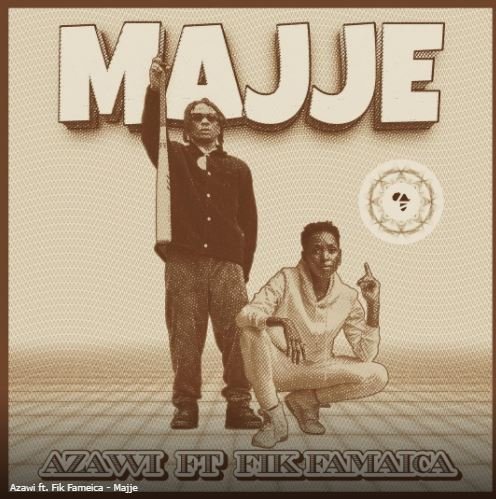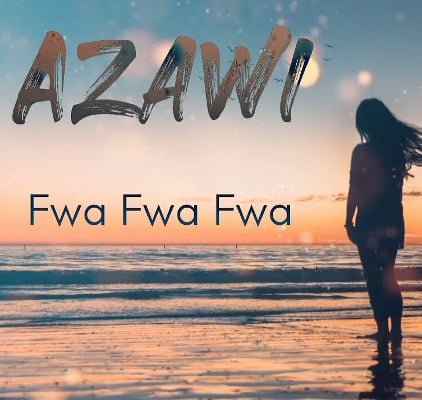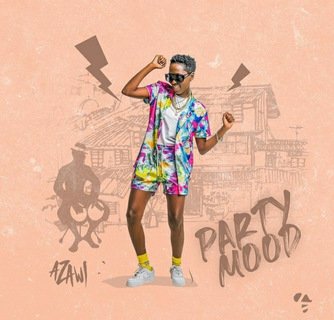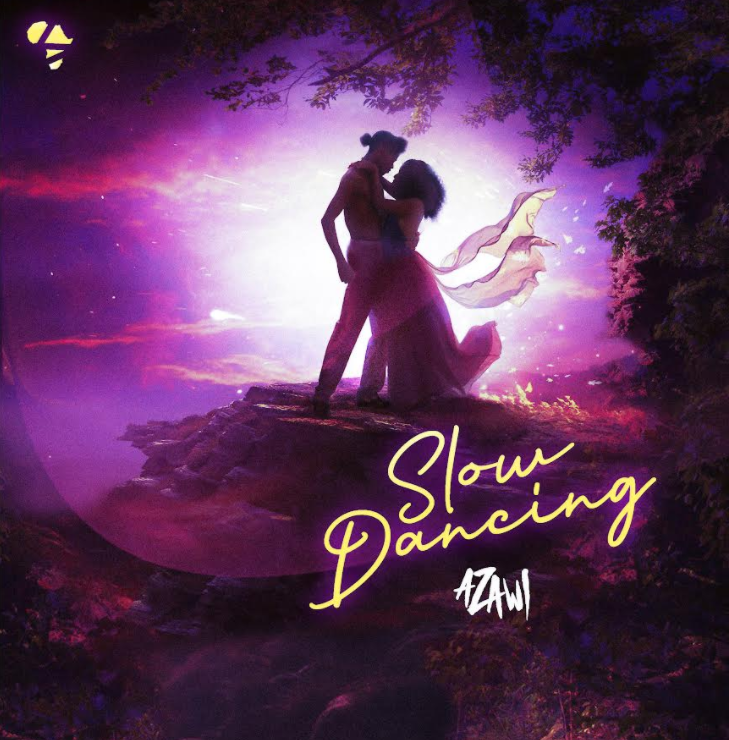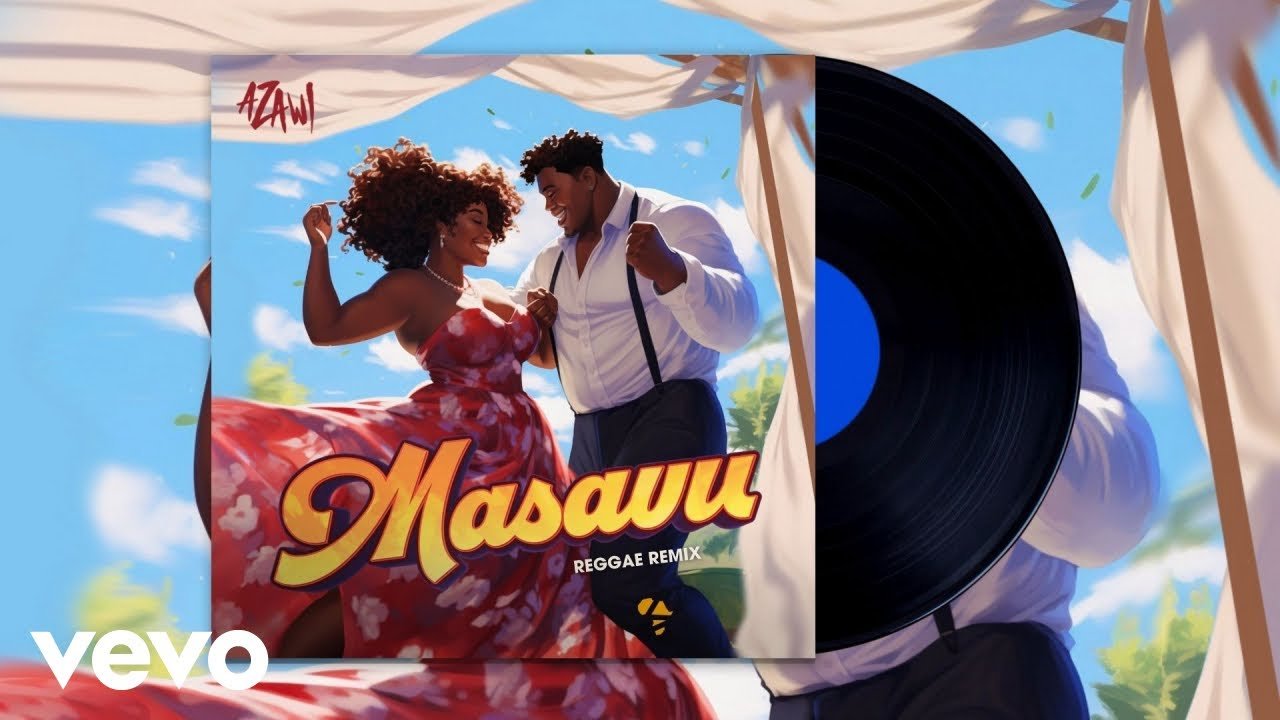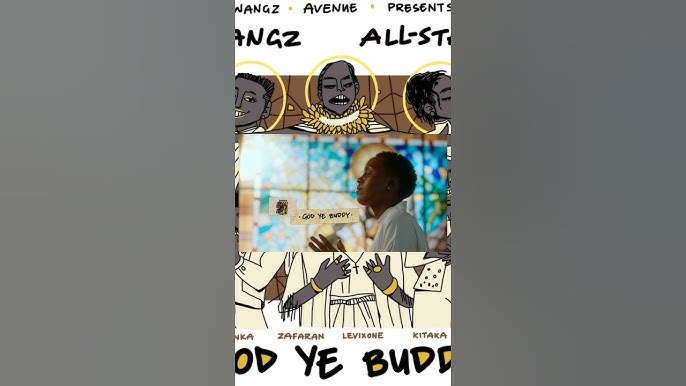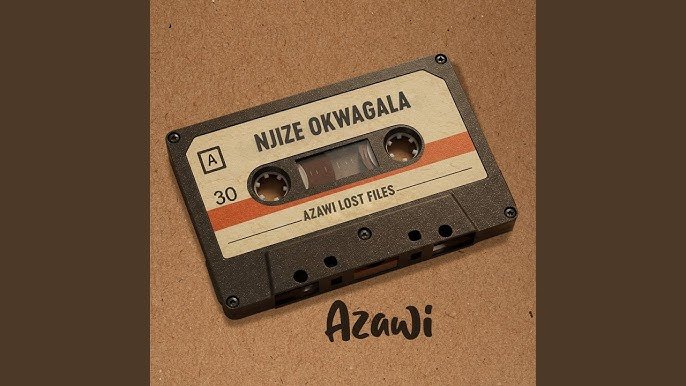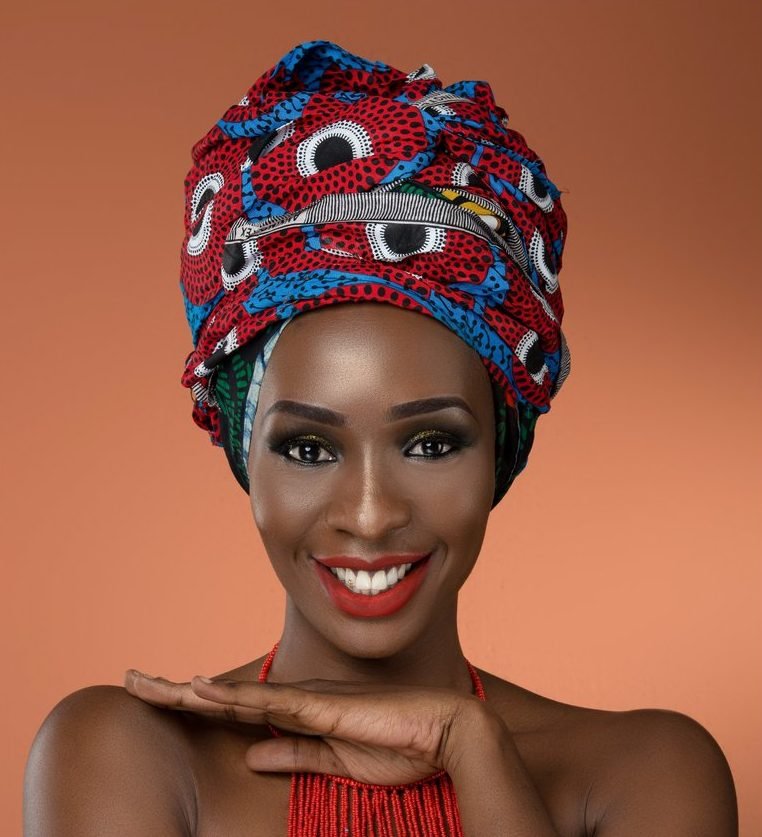
Azawi
"Quinamino," the song that made Azawi famous, was written in a studio in Kampala, Uganda, in just 40 minutes. She wrote the love song not as a musician but as a songwriter who planned to sell it to another artist.
She says, "I wanted to sing happy songs because that's what sells." "I thought about it from a business point of view." Swangz Avenue, a Ugandan record label she wanted to sell it to, had other plans. They wanted to sign her as an artist.
"A few people who work at Swangz Avenue told me that [the CEO] played the track, I don't know how many times, but he loved the track," she says. "I remember that after I sent him the song, he asked me, 'Do you have any other songs you could send us?'"
"Quinamino" has been watched over 1.2 million times on YouTube, and it's part of an EP that has been played nearly 500,000 times on Apple Music and Spotify without being promoted.
I meet Azawi in her Kampala home. I've been waiting in her living room for almost an hour. When she comes in, she's with friends, holding a cup of ice cream, and smiling the biggest smile. As soon as she walks in, she starts to apologize for being late, and when I try to shake her hand, she instead gives me a hug.
She told me later, "To be an artist, you have to start with character. What do you do for yourself? How do you treat people with whom you work? I want to be known as an artist who cares about people. But first, she goes to change into a very colorful shirt that is nothing like the black one she was wearing when she came in. She sits next to me on the couch with her dreadlocks in a bun and says she's ready, but the 26-year-old has been ready her whole life.
Azawi, who was born Priscilla Zawedde and grew up in a suburb of Kampala, has risen above her lower middle-class roots to become a popular musician in Uganda and around the world in less than a year since she began singing professionally. She says, "I didn't think I'd get this far, and I'm proud of myself." "If I'm here today, it means I'm special in some way. And that's important."
Surprisingly, she started out in music as a dancer. In 2005, she joined a cultural dance troupe that went around the country performing. "We used to dance a strange dance in which we only jumped. She laughs and says, "I hated that dance." "The trainer would come with a big stick and just swipe it down your feet. If you don't jump high, that stick just hits your feet."
She also says, "Everything I learned there really helped me get ready for today." To get to "today," however, wasn't easy. Azawi had to keep dancing to make money, but when she realized she was failing in school, she stopped. She still went to China twice with her troupe to perform, and in 2011 she began writing songs as a hobby before she realized she could make money from it. Azawi knew she had to make money from songwriting when her father died in 2012 and her mother, who worked in a saloon, had a harder time taking care of her and her two siblings.
She began selling her songs to other musicians when she was in high school, with the help of a friend. This wasn't always a good idea. "They could do the jobs, but it would be hard to pay them. "You can give someone your project, and they can pay you in like two years," she says.
"I had so much faith in myself. "I can't say I was proud, but I knew I was good enough not to be used and not to be taken advantage of," she says. "I thought, 'If I die with my art, I die with it, but I'm not going to let anyone take advantage of me.' I won't be in a bad way."
Azawi joined a band in 2015 when she realized she needed a new way to make money. At the same time, she was working as a waitress at a restaurant her mother had just opened and going to school for an undergraduate degree. She says, "I applied for the evening program, so I went to campus in the evening to study for about two hours." "Then, starting at 7 p.m., I had to make sure I was at the show by 8 p.m." Azawi made UGX6000 (about $1.62) per show, and she admits that she bought a deep-fried fish with the money. "That roasted fish, those salads, and that cassava were the main reasons I always wanted to go to the shows."
She wrote "Quinamino" to sell it four years after she joined the band and not long after she quit her job as a waitress. But when she went to Swangz Avenue for the first time in August 2019, she was instead given an offer to join the label. She says with a smile, "I don't know if I have the right words to describe how I felt in those few seconds, but they were the sweetest seconds of my life."
Azawi's refusal to be pigeonholed into any genre or label is probably the most interesting thing about her. She says that her sound is a mix of many things, like when she sang teggae with her band and anything else that made her feel good. "Why should I confine myself? "That would be like sitting on my art and my potential," she says while making a hand gesture.
She says, "I don't want to be a dull artist. I just want to be an artist." "I don't want to be an artist who has, you know, names or details attached to me. I just want to be called Azawi, the artist, and that's it." Her nonconformity doesn't just show up in her music; it also shows up in her clothes, which have a very fluid style that goes against the rules about how women should dress. It has also led to criticism and gay rumors about her in a country that is very homophobic, but she doesn't care at all.
She began selling her songs to other musicians when she was in high school, with the help of a friend. This wasn't always a good idea. "They could do the jobs, but it would be hard to pay them. "You can give someone your project, and they can pay you in like two years," she says.
"I had so much faith in myself. "I can't say I was proud, but I knew I was good enough not to be used and not to be taken advantage of," she says. "I thought, 'If I die with my art, I die with it, but I'm not going to let anyone take advantage of me.' I won't be in a bad way."
Azawi joined a band in 2015 when she realized she needed a new way to make money. At the same time, she was working as a waitress at a restaurant her mother had just opened and going to school for an undergraduate degree. She says, "I applied for the evening program, so I went to campus in the evening to study for about two hours." "Then, starting at 7 p.m., I had to make sure I was at the show by 8 p.m." Azawi made UGX6000 (about $1.62) per show, and she admits that she bought a deep-fried fish with the money. "That roasted fish, those salads, and that cassava were the main reasons I always wanted to go to the shows."



